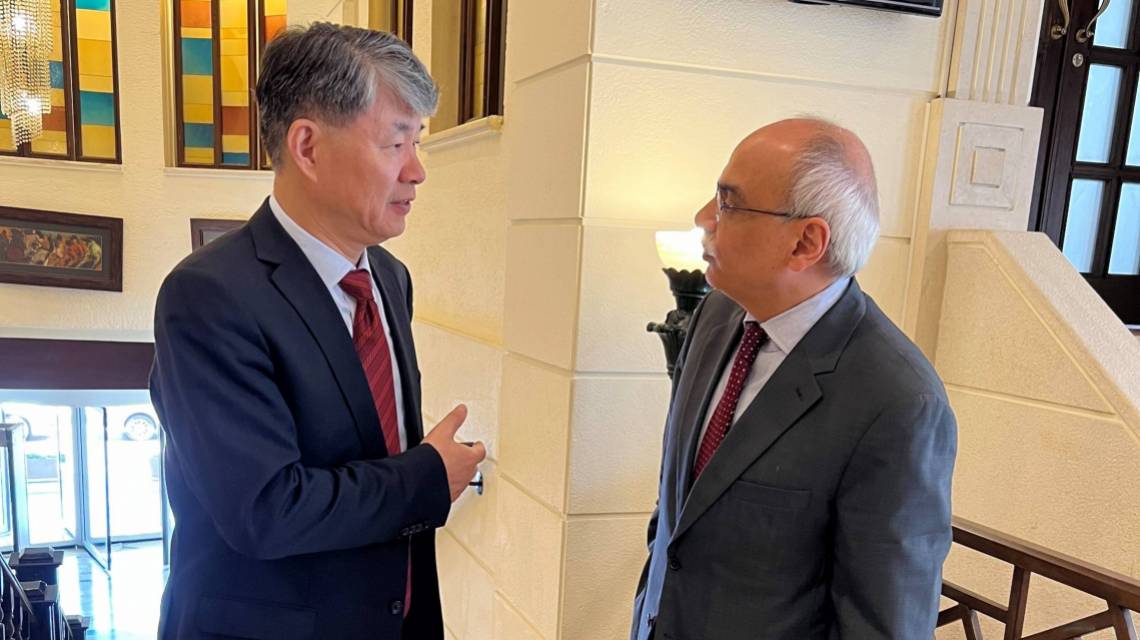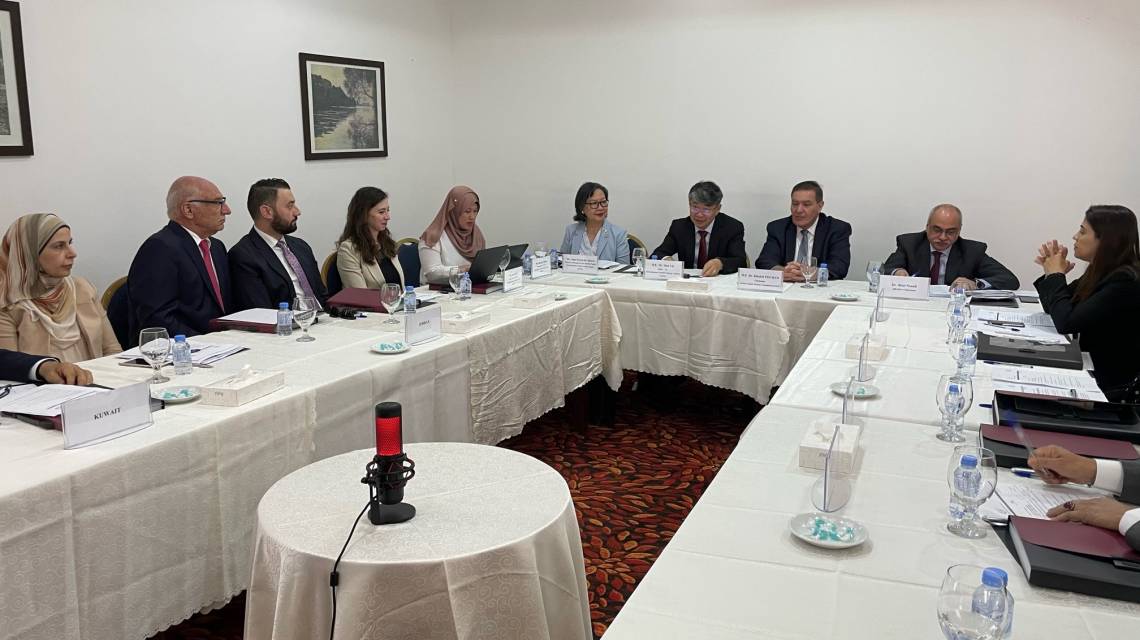The 2022 meeting of the Board of Representatives of the Cooperative Agreement for Arab States in Asia for Research, Development and Training related to Nuclear Science and Technology (ARASIA) took place in Amman, Jordan this month to review planned technical cooperation activities, to adopt a resource mobilization action plan, and to assess the south-south support delivered by ARASIA’s Regional Resource Centres, among others. Held from 31 May to 2 June, the meeting elected as the Regional Cooperative Agreement’s Chairperson Bilal Nsouli, Director General of the Lebanese Atomic Energy Commission, for another five-year term.
“ARASIA has proven to be a powerful mechanism to promote improvements to the quality of people’s lives, especially in improving health, combating poverty, protecting the environment, managing water resources, addressing climate change issues, as well as rationalizing industrial processes and meeting energy challenges,” said Khaled Toukan, Chair of the Jordan Atomic Energy Commission.
ARASIA is celebrating its 20th anniversary this year and its Board of Representatives has made plans to commemorate the occasion on the margins of the 66th IAEA General Conference. The event will draw attention to the substantive impact of regional projects organized through the Agreement, demonstrating how Sustainable Development Agenda priorities are being achieved. Over the last two decades, these projects have provided the framework for the organization and implementation of 116 training courses, 234 fellowships and 72 expert assignments across a number of disciplines, including radiology, environmental monitoring, climate-smart agriculture and more.








